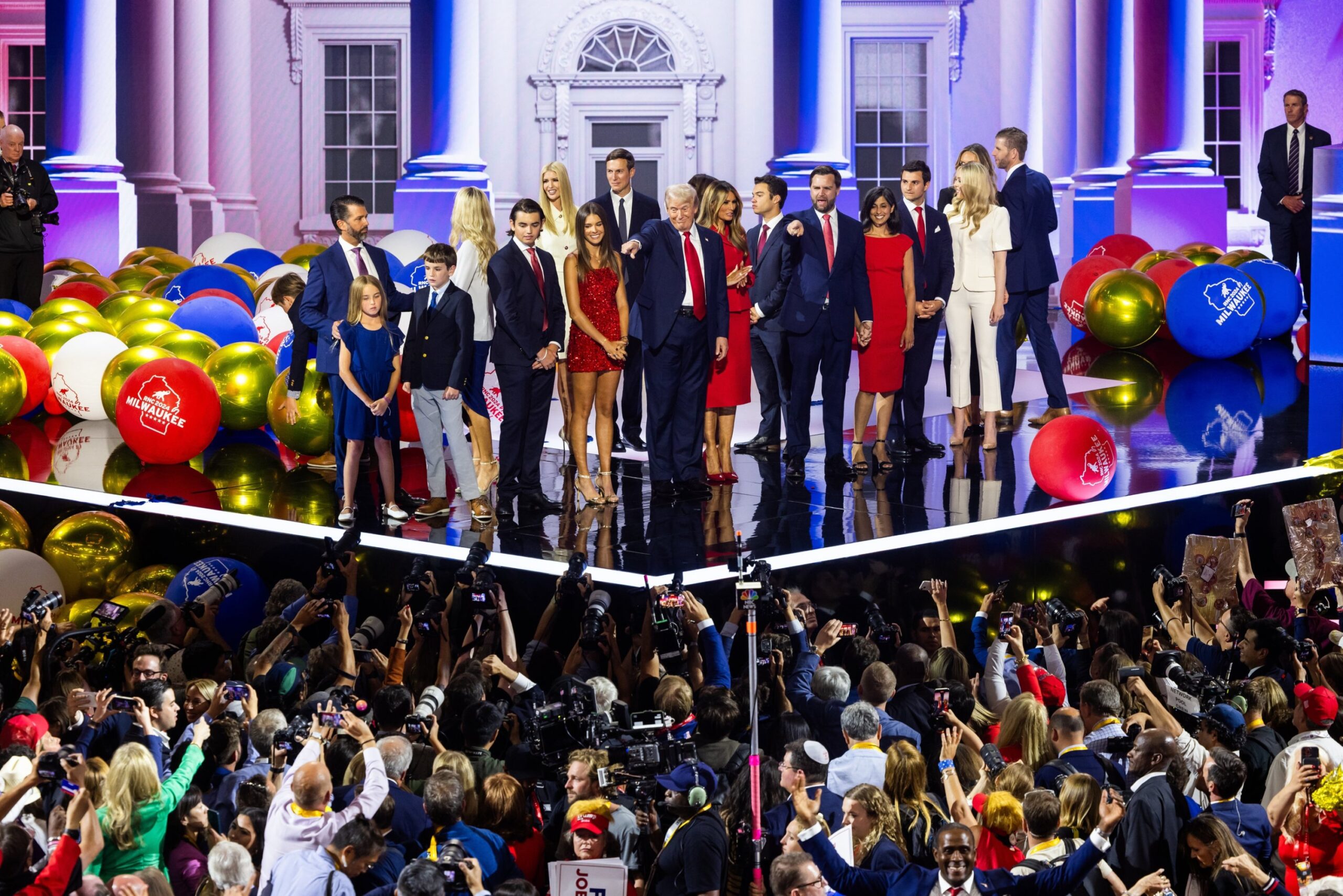
In the realm of global events and intricate power structures, conspiracy theories often find fertile ground, offering alternative narratives to explain the complexities of the world. A recurring theme among these theories revolves around powerful families allegedly manipulating global affairs for personal gain. In this video, we delve into the conspiracy theories that allege the covert rule of some of these families over the world.
The Rothschild Family
The Rothschild family, synonymous with wealth and financial prowess, finds itself entangled in the intricate web of conspiracy theories alleging their clandestine rule over the world. Renowned for their banking legacy dating back centuries, the Rothschilds have become a focal point for claims suggesting their control extends far beyond the realms of finance, reaching into the corridors of global governance.
Conspiracy theorists allege that the Rothschilds control global finances, asserting dominance over central banks and manipulating economies to serve their own interests. Claims range from the family’s supposed role in engineering economic crises to allegations of puppeteering governments for their benefit.
The Rockefeller Family
The Rockefeller family, synonymous with wealth and industrial influence, is another family that finds itself entangled in a labyrinth of conspiracy theories. Allegations abound, suggesting that the Rockefellers wield immense influence over governments, economies, and the broader geopolitical landscape.
At the heart of the conspiracy theories surrounding the Rockefellers is their historical prominence in the oil industry. Led by John D. Rockefeller, the family established Standard Oil, a corporate behemoth that dominated the oil sector in the late 19th and early 20th centuries. Conspiracy theories allege that the Rockefellers exercise unprecedented control not only over the oil industry but also over governments and international policies.
The Bush Family
The Bush family has also found itself at the center of a conspiracy theory alleging their involvement as one of the powerful families allegedly ruling the world. This narrative spans a spectrum of claims ranging from orchestrating wars for profit to being integral players in a new world order agenda.
George H. W. Bush, the 41st president of the United States, and his son George W. Bush, the 43rd president, are often central figures in these speculations. Claims assert that the Bush family has orchestrated wars for economic gain, with the Iraq War serving as a focal point for these allegations. Additionally, the theory suggests that the Bush family, along with other influential figures, is actively working towards establishing a global government that transcends national boundaries.
The DuPont Family
The DuPont family, renowned for their historic involvement in the chemical industry, is another family that finds itself at the center of a conspiracy theory alleging their role as one of the powerful families allegedly ruling the world. This narrative weaves a complex tale of influence, assuming that the DuPont family manipulates various aspects of industry and politics to serve their own interests.
Conspiracy theorists argue that the family’s influence extends beyond their corporate endeavors, suggesting they hold sway over key economic sectors and decision-making processes. The chemical industry, in particular, is cited as a focal point of their alleged control, with claims that they manipulate regulations and policies to ensure their dominance.
The Bilderberg Group
While not a family per se, the Bilderberg Group, an annual private conference of influential figures from politics, finance, and academia, has become a focal point for conspiracy theories alleging their clandestine role in shaping global events. Established in 1954, the Bilderberg Group gathers influential individuals for off-the-record discussions on pressing global issues, fueling speculation about hidden agendas and covert decision-making.
Conspiracy theories surrounding the Bilderberg Group suggest that its annual meetings serve as a platform for elite individuals to devise secret plans for global domination. Proponents of this theory argue that decisions made within the Bilderberg conferences influence global policies and events, steering the course of international affairs.
While the idea that powerful families shape our world is intriguing, it’s essential to critically evaluate such theories and consider evidence-based explanations for global events and power dynamics. As we navigate the complexities of our world, skepticism and critical thinking remain crucial tools in understanding the forces at play in global affairs.



